
GOBii releases open-source tools for faster plant breeding
The collaboration works with breeding centers around the world to develop tools to make the process of adding a trait into an existing, high-yield crop variety more efficient.

The collaboration works with breeding centers around the world to develop tools to make the process of adding a trait into an existing, high-yield crop variety more efficient.
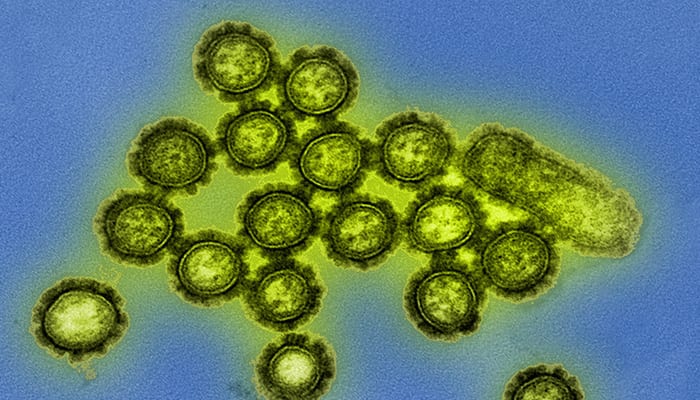
The Fei lab releases VirusDetect, an automated bioinformatics pipeline that efficiently detects viruses and viroids from large-scale, small RNA datasets.
Citrus growers are uniting to save their groves from citrus greening disease and to fund research into solutions, but growers in California face different challenges than those in Florida, report BTI and USDA researchers.

“Food security is a mixture of all the different aspects of agriculture. It’s not just growing the food,” said Proctor. “It’s not just planting something in the ground – there is a lot more to it.”
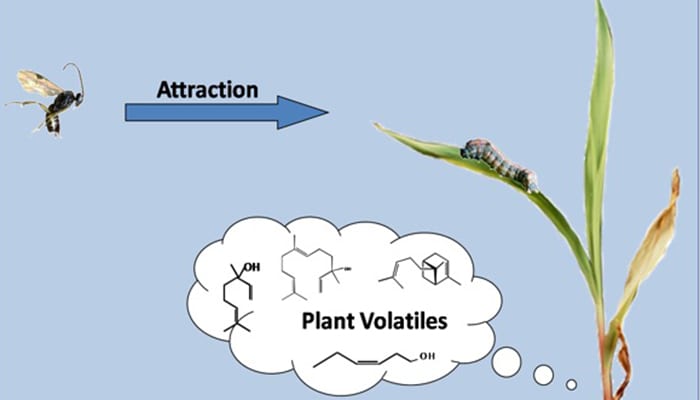
Insect damage triggers volatile compounds that attract caterpillar-killing wasps.
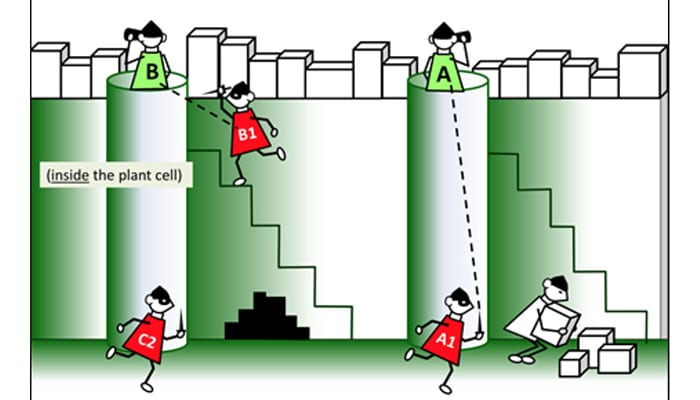
Researchers in the Martin lab develop a new technique to study the arms race between plants and the bacteria that infect them.

The five-year grant is given to innovative, early career scientists to support high-risk research with the potential to make significant contributions to the field.

A new paper from the Cilia lab reports that the Asian citrus psyllid mounts an immune response against the bacterium that causes citrus greening disease – a discovery that may be useful for developing a treatment against the devastating epidemic.
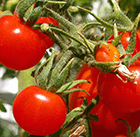
Professor Greg Martin and colleagues received an NSF grant to pursue research into resistance against bacterial speck disease in tomatoes.
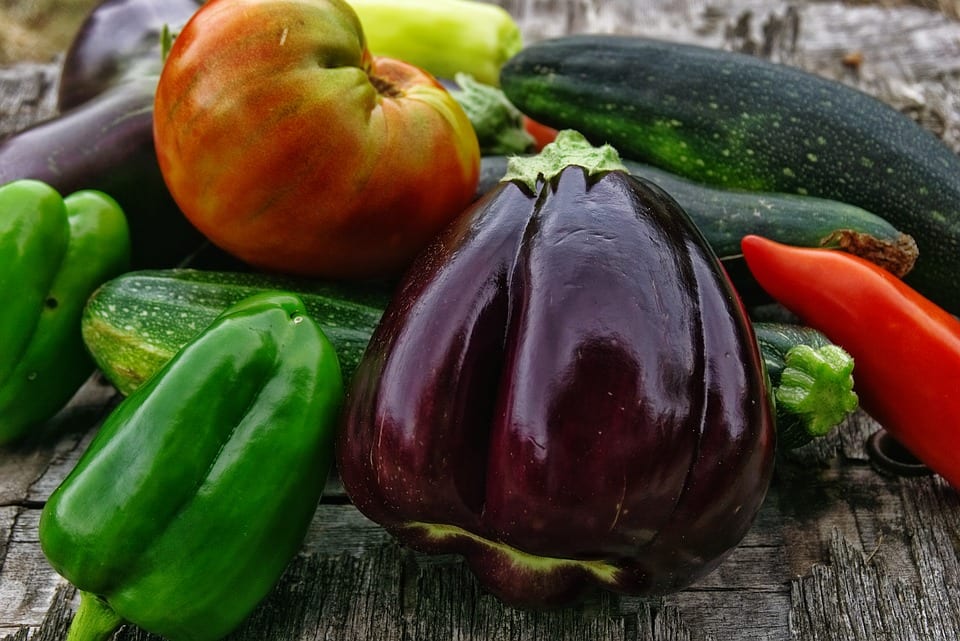
Many BTI researchers will present their latest research at the 13th annual SolGenomics Conference, Sept. 12-16 in Davis, California.
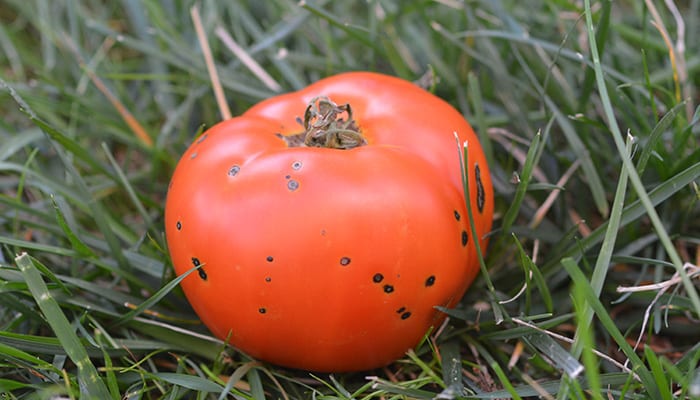
Researchers at BTI and Virginia Tech find a new bacterial detector in tomatoes that could help other crop plants to be more disease resistant.

An improved protocol cuts the time it takes to modify a tomato’s genome from 17 weeks to 11, accelerating research into ways to breed more productive crops.

Tune in to BTI’s David Stern on People Behind the Science: Growing Our Understanding of Photosynthesis to Improve Plant Metabolism

BTI’s Gary Blissard and Michael Kanost of Kansas State University led a team of 114 researchers from 50 institutions and 11 countries to sequence the genome of this important insect model.

An international group of computer programmers gathered at BTI to create a single interface that will connect databases from breeding programs worldwide
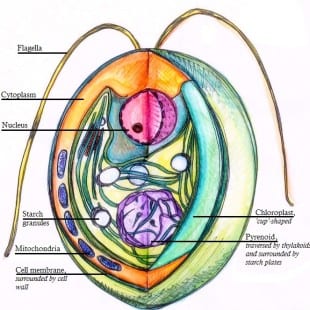
In a new paper in the Journal of Biological Chemistry, Stephen Campbell and David Stern show that chloroplast extracts from C. reinhardtii can cut an interrupting insertion from a protein, but only in the light.

When C. elegans larvae face starvation, they clump together in a mass of worms, which increases their lifespan. BTI researchers will explore this fascinating social behavior.

A group of students and experts work together through video conferencing to identify the genes in the genome of the newly sequenced Asian citrus psyllid, the insect that spreads the bacterium that causes citrus greening disease.
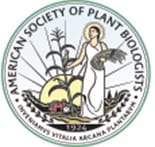
Postdoctoral researcher Vered Tzin received support to present her work at the American Society for Plant Biology annual meeting in July, and Cairo Archer received an undergraduate research fellowship to support her summer research in the Jander lab

Tanksley made invaluable contributions to plant breeding and genetics, laying the foundation for targeted crop improvements to increase food security.
An international consortium of researchers has sequenced the two wild parent species of the domesticated petunia
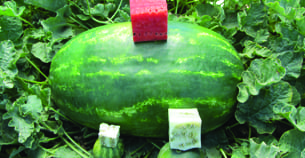
Watermelons have changed from a small, bitter fruit that grows wild in Africa to the most popular fruit in the world. What’s next for watermelons?
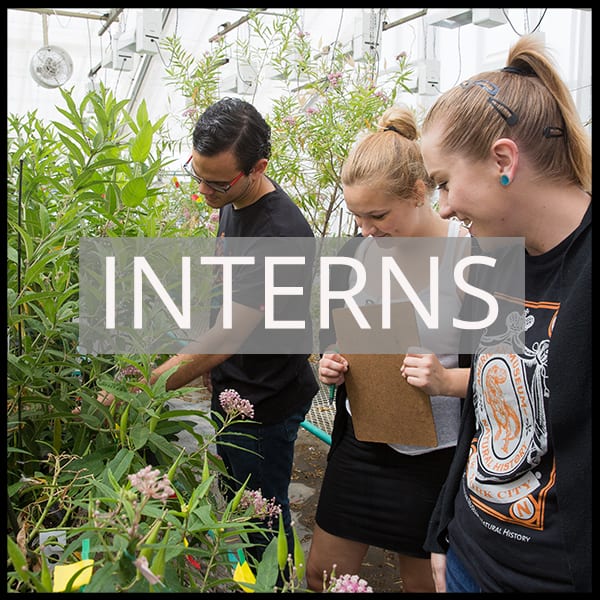
Patel is about to graduate from Cornell–and the Martin lab–to return to his native California to continue his career in plant science.
Mimicking the effects of a Guatemalan tuber moth infestation in agricultural fields could increase potato yield and reduce pest damage.

Jim Giovannoni, BTI professor, USDA-ARS research molecular biologist and Cornell University adjunct professor, is recognized by the National Academy of Sciences for his significant contributions to plant science.

The Spring 2016 issue of the Parkinson’s Disease Foundation newsletter featured recent work by Dan Klessig. The newsletter highlighted his recent PLOS ONE paper on salicylic acid and human GAPDH.
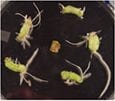
In a JOVE publication, postdoctoral researcher Thomas Jacobs uses tomato hairy roots to demonstrate how multiple CRISPR vectors can be constructed in parallel in a single cloning reaction.
Research from the Klessig lab shows that HMGB3 signals to the plant immune system when tissues are damaged and makes plants more resistant to certain infections.

The group from Team I.M.P.A.C.T. of Rochester, NY, exposed young men to potential careers in the plant sciences.
Woodland agrimony is so rare in New York that there weren’t enough plants to study why it is in decline. The Van Eck lab used tissue culture techniques to multiply the plant.

Tompkins County has awarded Gomes Selman, a 2015 high school intern at BTI, its Distinguished Youth award for his numerous academic and volunteer commitments.

Giovannoni and Kochian both ranked in the top 1 percent of researchers publishing in plant and animal science.
Jander lab members investigate the chemical defenses that young corn plants use to fight off simultaneous attacks from hungry insects.

BTI announces the winning proposals submitted to the Triad Foundation’s Plants and Human Health grant program.
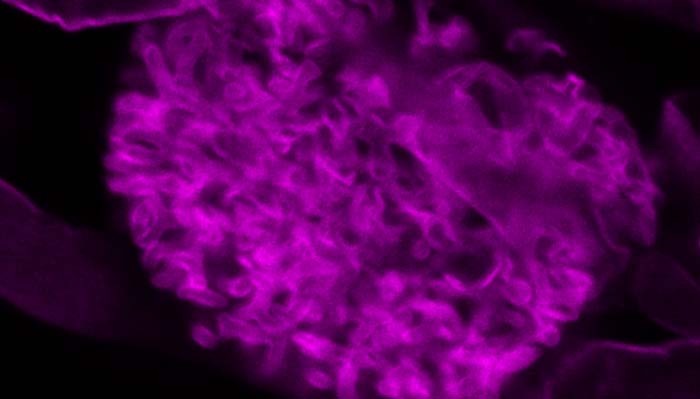
BTI researchers used a genome comparison approach to identify genes necessary for beneficial plant-fungal relationships, which may lead to better crop plants that require less fertilizer input.
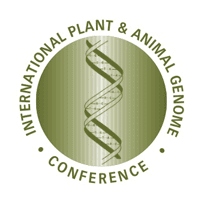
BTI researchers will present current research on the Sol Genomics Network, using CRISPR to edit genomes, the whitefly genome and others.

Aphids thrive on a high-sugar diet, thanks to bacterial partners that help them breakdown plant sap and build essential amino acids from scratch.

Fluorescent proteins will allow researchers to track phosphate movement through cells in real time.


The active ingredient in aspirin blocks an enzyme that triggers cell death in Alzheimer’s, Parkinson’s and Huntington’s diseases, offering hope for novel treatments.
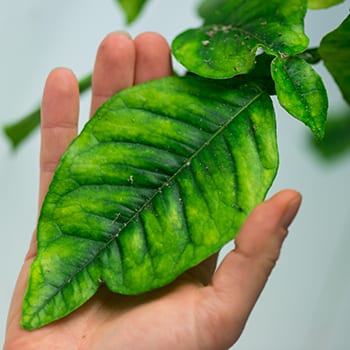
The bacterium believed to cause citrus greening disease creates multiple changes in both the Asian citrus psyllid that carries it and the beneficial bacteria that live within the insect.
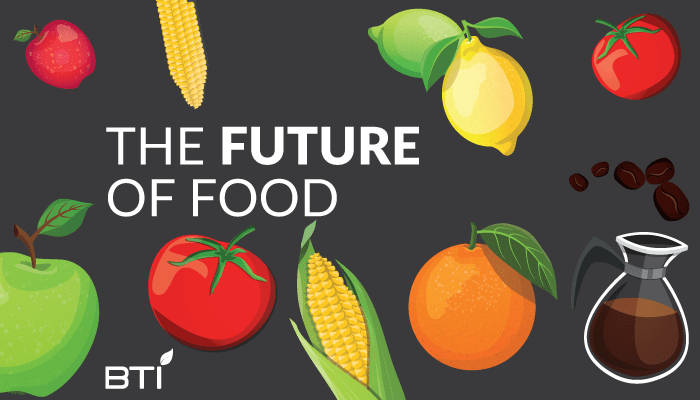
What will your dinner plate look like in 2050? With discoveries from the Boyce Thompson Institute, future crops may have more nutrients and greater resistance to insects, drought and disease.

The GOBII project gathered researchers from breeding centers around the world to make a plan to develop the architecture for a genomics database for five staple crops.

The BTI tomato field experienced a damaging outbreak of bacterial speck disease this summer, but BTI’s Greg Martin has identified genetic regions in a wild tomato species that may make future varieties immune to these devastating bacterial strains.

Ongoing relationships with teachers enable Education and Outreach to host valuable professional development workshops on plant and insect science for dedicated teachers.

A technique to enhance beta-carotene levels in potatoes and cassava may one day help alleviate vitamin A deficiency in developing countries.

Researchers in the Stern laboratory will investigate potential benefits of “high-Rubisco” corn plants, under a new USDA-funded project.

Maria Harrison will participate in a $13.5 million, multi-institution systems biology project with Daniel Schachtman of the University of Nebraska-Lincoln to develop sorghum that is more drought resistant and uses nitrogen more efficiently.

A consortium of 20 researchers is using advanced genomic techniques to accelerate the development of disease-resistant varieties of cucurbit crops. BTI Associate Professor Zhangjun Fei will lead the bioinformatics and genomics part of the initiative.
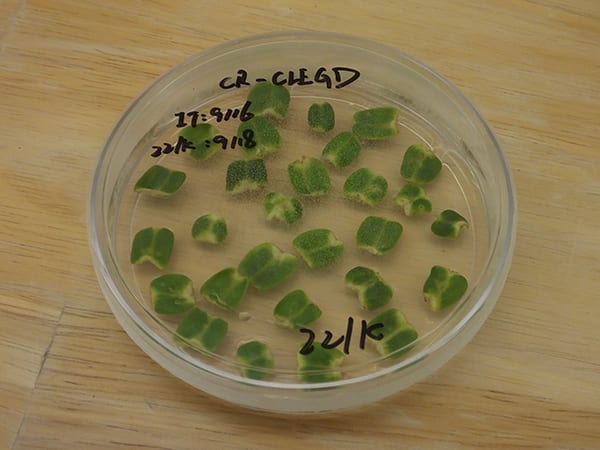
Students in Cornell University’s course, The GMO Debate: Science and Society, visited a genetic engineering laboratory at Boyce Thompson Institute, courtesy of Assistant Professor Joyce Van Eck and postdoctoral researcher Alex Amaro, Stern Lab.